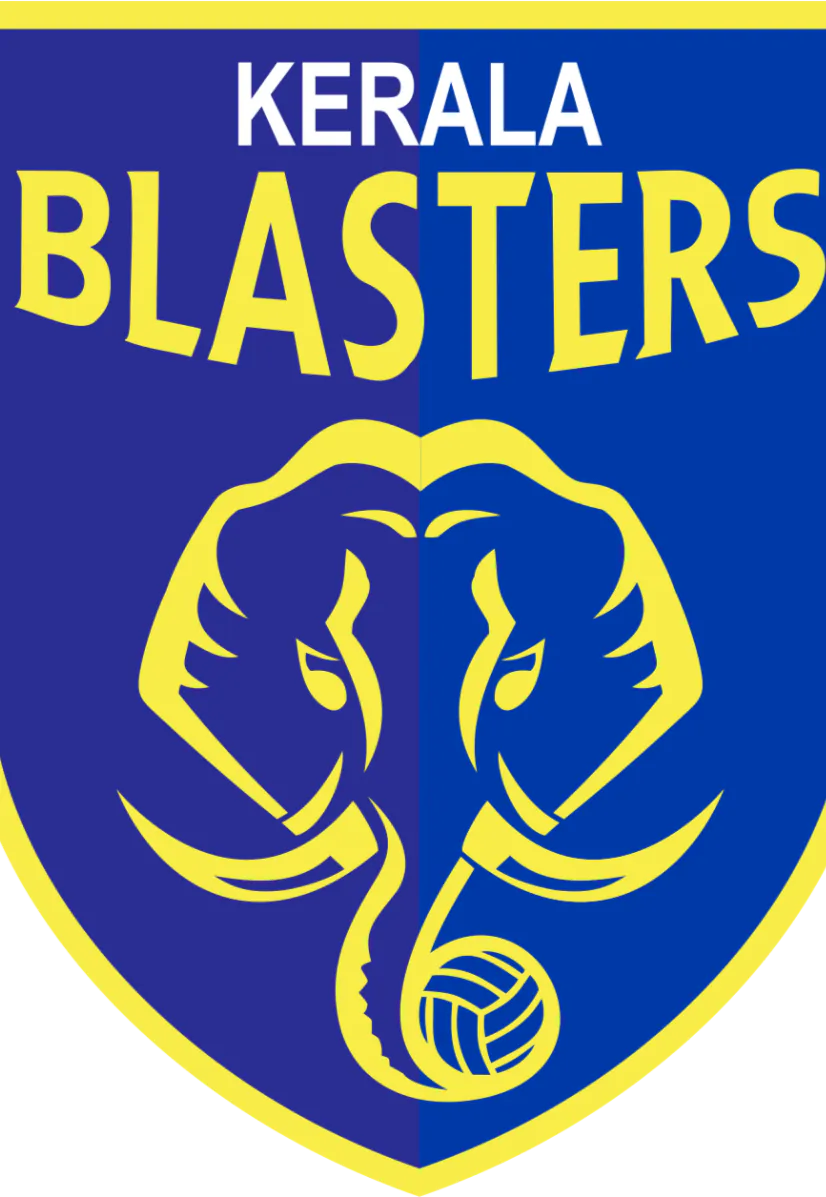Through its history, architecture, and atmosphere, Stade de l’Amitie has over the years become an essential part of the soul of the city of Cotonou.
But the stadium has had its problems historically including being deemed not fit to host top matches.
A lot has changed since.
The stadium has undergone a facelift and is now a ‘new home of football’.
Apart from its frame, nothing of the old stadium has been preserved. Everything was changed including athletics track, benches, changing rooms, press booth, lights and even toilets.
This convinced CAF to choose it as a host to the final of TotalEnergies CAF Confederation Cup between JS Kabylie and Raja Sporting Club.
Closed since April 2019, the “General Mathieu Kerekou Friendship Stadium” is operational again, after 32 months of work and an investment of 13 billion FCFA.
Stade de l’amité
Small in size but big in heart, Benin, the West African state, is amazing with its uniqueness and the quality of its ‘gray matter’. The French philosopher Emmanuel once said of the country “Dahomey (former name of Benin) is the Latin Quarter of Africa”.
This legend still fuels all sectors of public life today. In particular the Beninese sport which is gradually emancipating itself.
It took until 2004 for Benin to participate in its very first Africa Cup of Nations. To date, Benin has four AFCON participations (2004, 2008, 2010 and 2019), capped with a quarter-final appearance in 2019 on Egyptian soil, with a breathtaking performance that amazed African football lovers.
In recent years, Beninese football has undergone profound changes. Under the leadership of the president of the federation, Mathurin de Chacus, the domestic championship is active.
ESAE club, winner of the Benin Cup in 2019, achieved a resounding feat in the Confederation Cup a year later. The Beninese club has eliminated two clubs whose training centers have established reputations, namely Salitas from Burkina Faso and Generation Foot from Senegal.
2019-2020 year was exceptional for Benin football; ESAE was the first Beninese club to reach the group stage of a CAF competition. The last big performance for a Beninese club dates back to 1987, when the Ouémé Dragons reached the Cup Winners’ Cup semi-final.
Since 2016, a vast program of infrastructure construction has taken shape with the construction of 22 municipal sports stadiums which will soon be operational. The second phase of the program takes into account 17 other stages.
This new dynamic project was spurred by President Patrice Talon who today places Benin on the list of good performers in terms of investments in sports infrastructure; the latest being the rehabilitation of the largest arena in the country, the Mathieu Kérékou Friendship Stadium.
Stadium employees, players, licensees and supporters are finally seeing this essential renovation materialize to support The Squirrels in their progress.
_*CAFONLINE_*



























